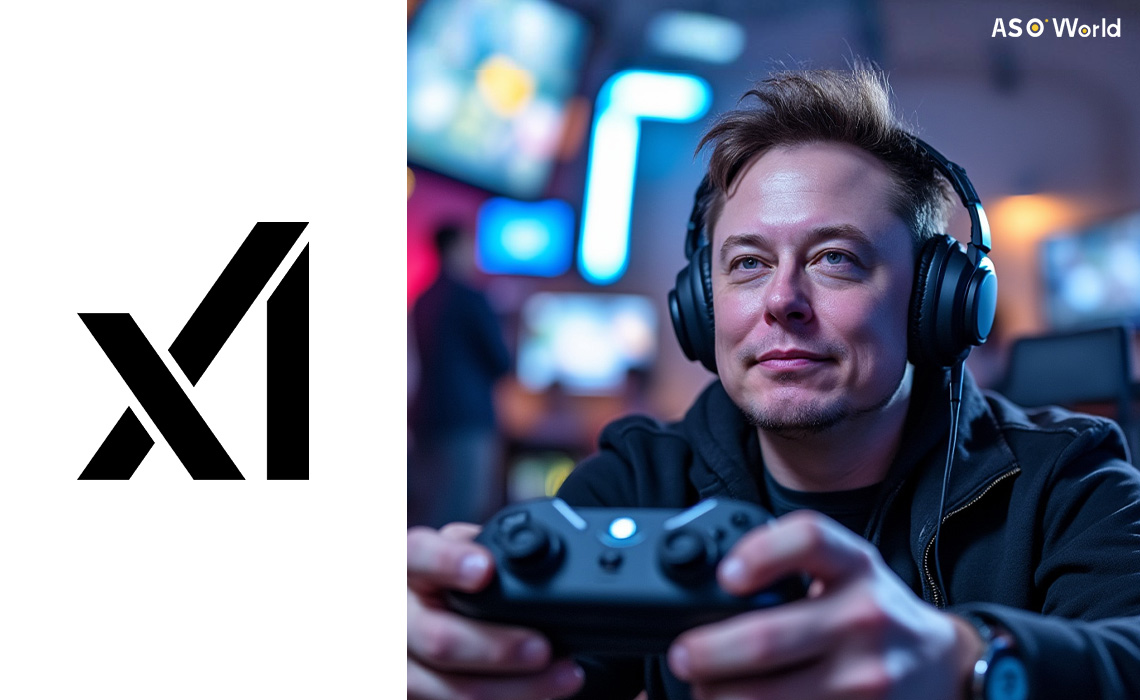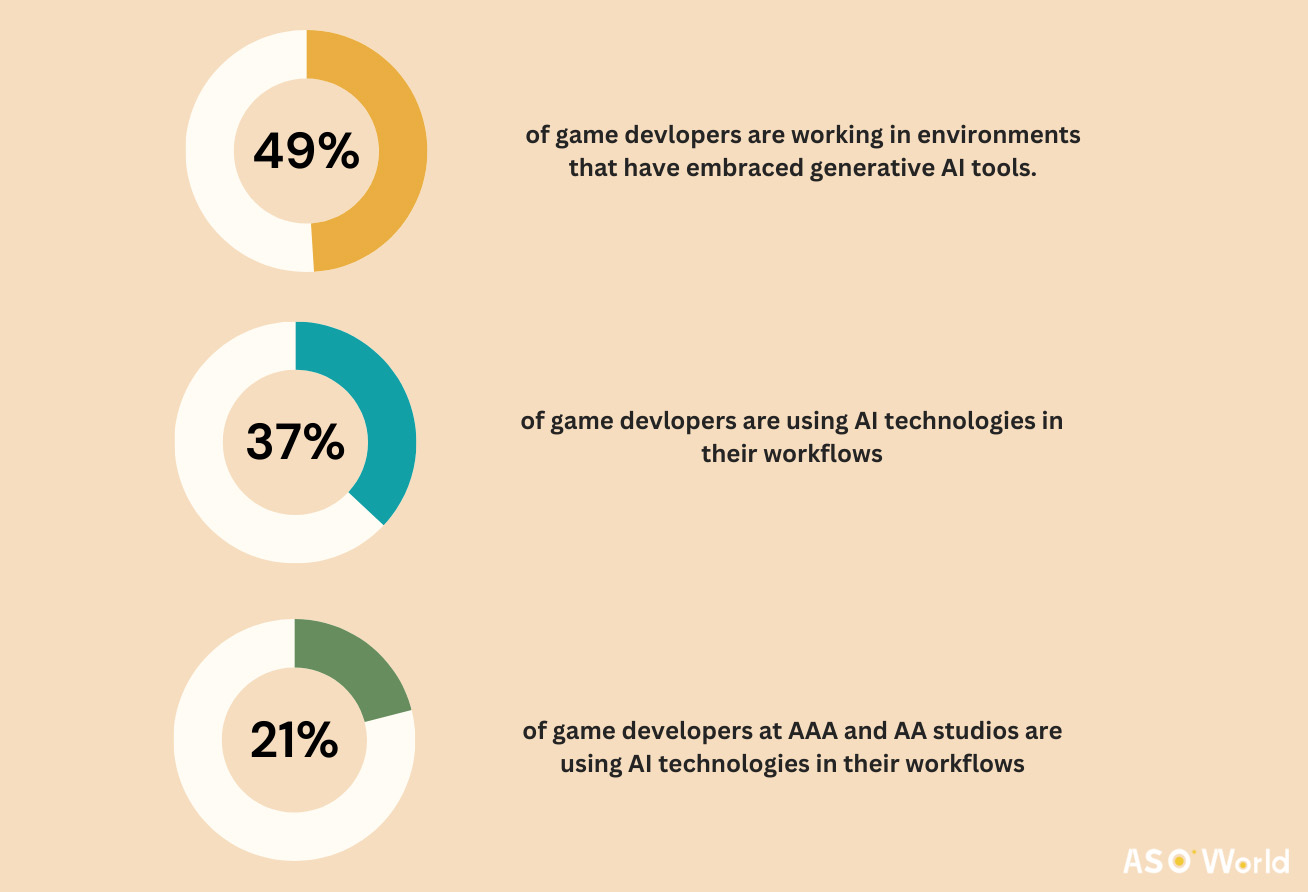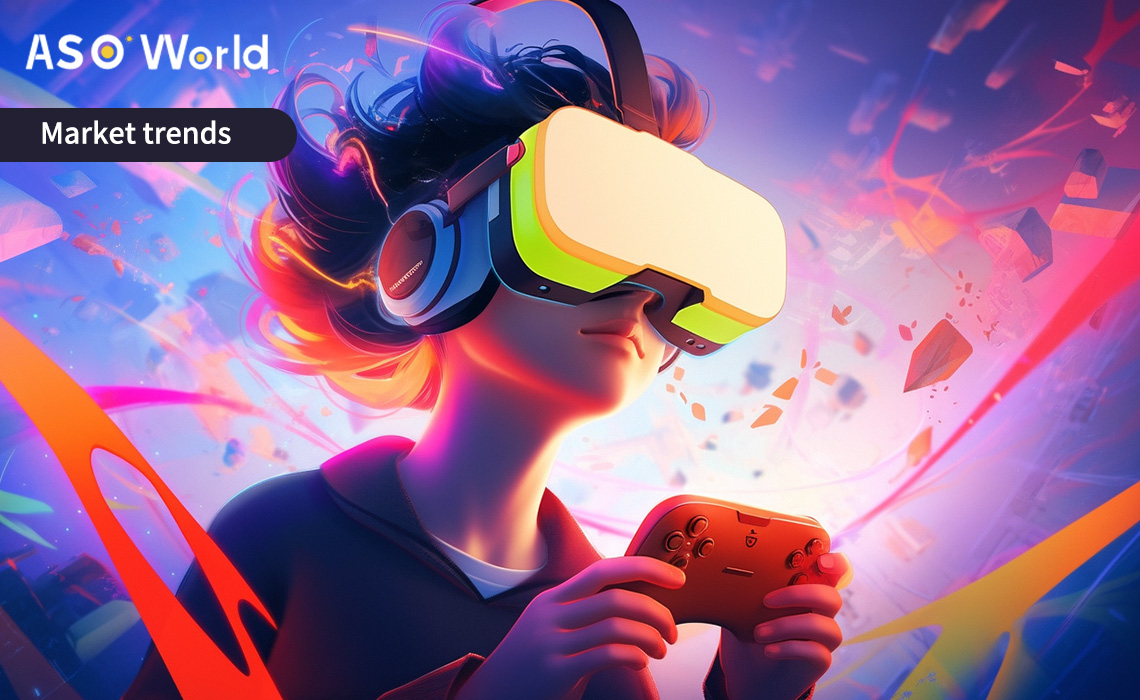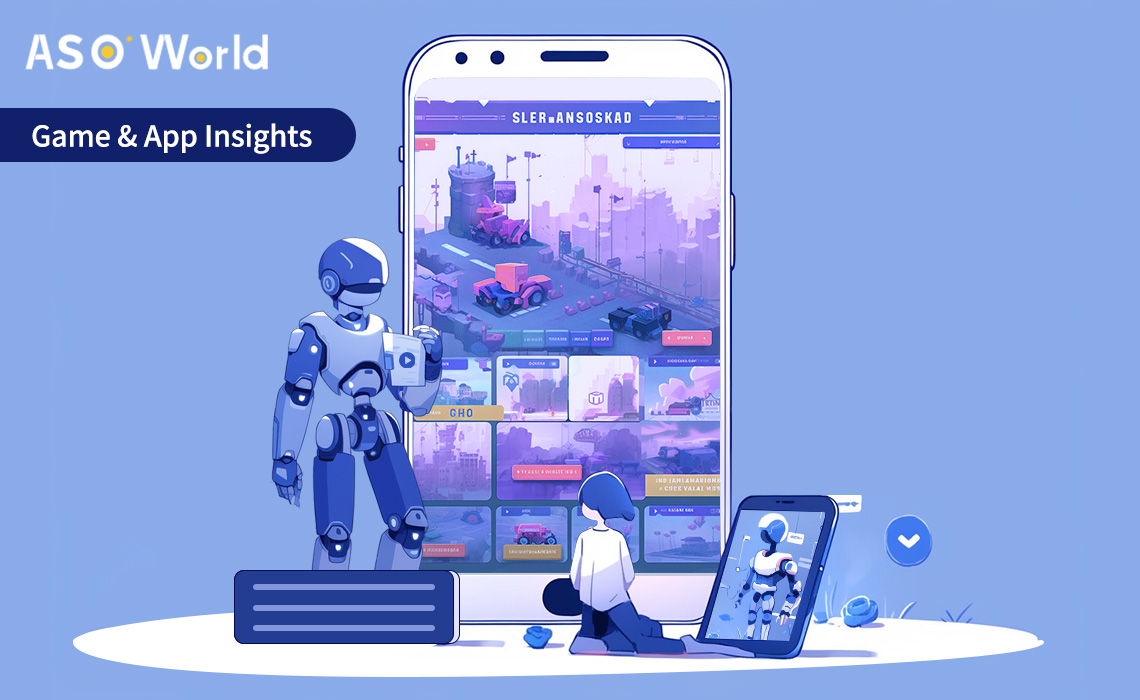





A clear look at how AI is reshaping the gaming industry in 2024, driven by Elon Musk’s xAI and new development models that challenge traditional creativity and production workflows.
 (Generated by Grok 2)
(Generated by Grok 2)
Elon Musk recently made headlines with his announcement that he will launch an AI-powered game studio through xAI.
The move is framed as a response to Musk's view that the games market is dominated by large companies, which he says suppresses creativity and innovation.
By harnessing AI technology, Musk sets out a vision for a new phase of game development intended to "make games great again".
The announcement has generated widespread interest, but it also prompts questions about the practicality and seriousness of the proposal and the wider implications of integrating AI into game production.
This development highlights significant questions about how AI will affect game development practices and outcomes.
The rapid adoption of AI technologies is reshaping the landscape of game development.
As tools such as ChatGPT, GitHub Copilot, and Midjourney become more accessible, developers are increasingly exploring AI's potential to transform design and production.
A 2024 survey from the Game Developers Conference reports that nearly half of game developers are incorporating generative AI into their workflows, signalling a significant move towards automation and innovation.
(Data source: 2024 State of the Game Industry, GDC)
Indie studios are leading this shift, with 37% of developers in smaller teams actively using AI tools.
Their agility and willingness to experiment explain the high adoption rate.
By contrast, larger AAA studios report a lower usage rate of 21%, indicating a more cautious approach likely linked to established pipelines and a focus on preserving creative control.
AI technologies are being applied across many aspects of game development, offering advantages in business, marketing and creative work.
AI is transforming business and marketing practices by enabling advanced data analysis.
Teams use AI to analyse player behaviour, forecast market trends and refine marketing strategies.
AI-driven insights allow companies to tailor campaigns more precisely, ensuring promotional activity connects with target audiences and boosts engagement.
Despite interest in AI, narrative and quality assurance teams remain cautious.
They are concerned about preserving authenticity and emotional depth in storytelling, which may be undermined by machine-generated content.
Quality assurance teams also warn against over-reliance on automated testing, since subtle issues often require human judgement to detect.
This cautious stance points to the need for measured integration so that AI supplements rather than supplants human creativity and oversight.
AI assists with coding, content creation and routine automation.
In development, AI can suggest code snippets, aid debugging and in some cases generate substantial code segments, speeding up production.
For creative teams, tools can produce textures, models and dialogue drafts, allowing artists and writers to focus on refinement and distinctive creative choices.
Automation of repetitive tasks frees developers to concentrate on complex and innovative problems.
This range of applications demonstrates AI's potential to increase productivity while supporting creativity across the development cycle.
Greater integration of AI presents both opportunities and significant challenges.
Key issues include whether AI will enhance creativity and streamline production or whether algorithmic design will lead to homogenised game content.
There are also ethical concerns. Although some nations have agreed AI-related measures to protect human rights, such as 'The Framework Convention on Artificial Intelligence', globally consistent regulation is still lacking.
One major concern is that AI could displace human roles.
As systems take on tasks traditionally done by people, including coding, art production and narrative design, some positions may become redundant.
This has prompted discussion about the future of work in the sector and the need for reskilling to help the workforce adapt to an AI-enhanced environment.
Another worry is that reliance on algorithmic design could reduce diversity in games.
AI can rapidly produce large volumes of content, but excessive use could result in games that feel similar and predictable, undermining the unique creative visions that human designers contribute.
To avoid this outcome, developers should use AI as a creative aid while keeping human input central to the design process.
A further ethical concern relates to how AI systems generate content.
There are risks that AI might produce material based on existing works without proper authorisation, raising questions about ownership and originality.
Clear guidelines and legal frameworks are needed to ensure generated content respects the rights of original creators.
The UK Supreme Court has confirmed that AI systems cannot be named as inventors on patent applications. Many jurisdictions have yet to clarify their positions on AI-generated inventions.
Integrating AI into gaming therefore requires a balance between innovation and ethical responsibility.
While AI can deliver efficiency gains and new gameplay possibilities, the industry must address the ethical implications of its use.
Firms should adopt policies that promote transparent, accountable and respectful use of AI, ensuring the technology complements human creativity rather than replacing it.
By doing so, the sector can harness AI's benefits while protecting creative diversity and ethical standards.
The outlook for AI in the games industry presents both opportunities and challenges that will shape creativity, player experience and employment.
👉 Game Industry Insights: How will next-generation games develop?
AI provides new possibilities for innovation, enabling more sophisticated and personalised experiences.
However, the technology also raises ethical and workforce challenges. Balancing these considerations will be essential as the industry explores AI's transformative potential.
AI can boost creativity by automating routine tasks and supplying tools that expand creative potential.
Developers can use it to generate complex environments, realistic animations and dynamic narratives, allowing teams to focus on higher-level creative decisions.
This partnership between human creativity and AI tools could produce more varied and engaging titles.
AI can improve player experience through personalised content and adaptive gameplay.
Using analytics, games can adjust difficulty, recommend content and tailor experiences to individual preferences, resulting in more immersive play and stronger player retention.
For example: NVIDIA's work on AI-driven lifelike characters
While job-displacement concerns are legitimate, AI is also likely to create new roles.
Demand will grow for specialists who develop and manage AI systems, as well as for roles focused on ethical oversight, data curation and human–machine collaboration.
👉 AI in Game Industry: Job opportunities ahead
Predictions about AI's effects vary. Some experts expect AI to become a routine tool integrated throughout development. Others warn that over-reliance could produce formulaic content and constrain human creativity.
How the industry balances AI's advantages with its pitfalls will determine the future role of the technology in game development.
Elon Musk's intention to establish an AI game studio is presented as an attempt to challenge corporate dominance and stimulate innovation.
However, the proposal raises unresolved questions. While AI can streamline production and support creativity, it could also reduce diversity of content and lead to job losses.
Musk's critique of perceived cultural trends in gaming adds complexity, and the venture will need to reconcile technological ambitions with creative plurality.
The ultimate outcome will depend on achieving a balance between technological progress, creative diversity and practical industry realities.

Get FREE Optimization Consultation
Let's Grow Your App & Get Massive Traffic!
All content, layout and frame code of all ASOWorld blog sections belong to the original content and technical team, all reproduction and references need to indicate the source and link in the obvious position, otherwise legal responsibility will be pursued.
Comments
Clarence Ng Min Teck 黄明德
@ Kenny McLachlan will rather he keep it as open source , if there are such good AI tool. Meaning game developer can just use their tool create own game and sell.
Ted Southard
@Ben Amos It's free. All it costs is your attention, like most things on the Internet these days... 🙁
Clarence Ng Min Teck 黄明德
@ Mikhail Moukine right now there are 3d llm, but kindly low poly and low detail kind.. May needalot research about composite object based, like car have wheel, have seat etc.
Hissan Munir
@ Christoffer Lundberg there hasn’t been a single decent game since pong
Alexander Ryan
@ Andrew Sullivan This is the crux of the issue - if he were talking about behavior tree-esque A.I. in games, he *may* have had a point. But he's not talking about that - he's talking content laundering LLMs, which even ignoring the high possibility of theft involved, would just muddy the waters with respect to NPC A.I., or enemy A.I., or balancing techniques. For not a lot of value, as any assets generated without respect to a particular authored style will quickly fall off the "Graphically Impressive" tier anyways.
James Bonnyman
@Dennis Dahl Christensen The only things he post are AI version of himself to make himself look skinny and attractive, so... I guess he is trying
Johan Lundgren
@ James Bonnyman not entirely convinced that there is that much computational power available on the planet at the moment.